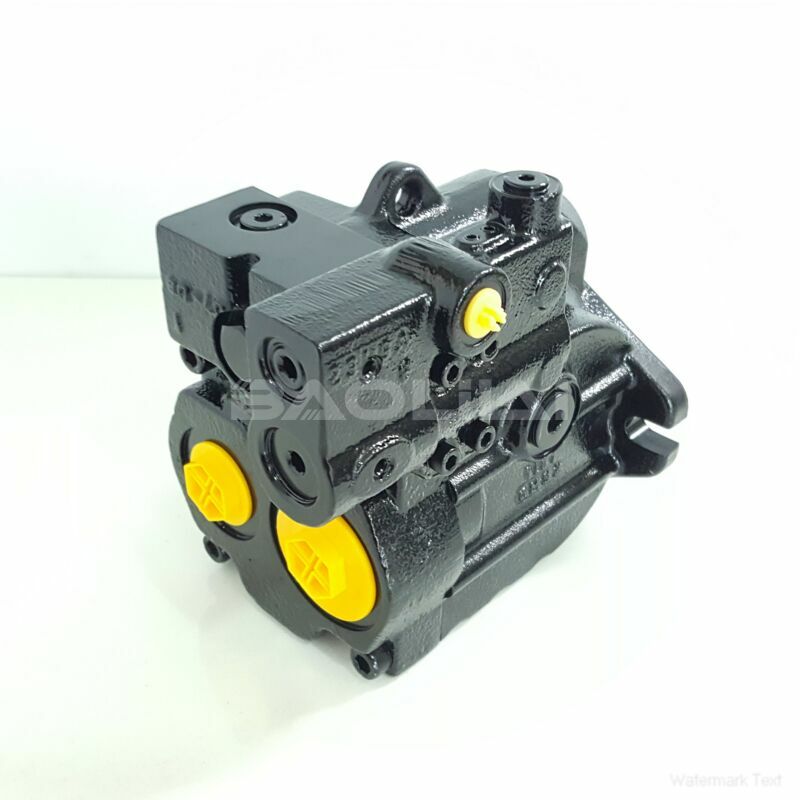KRR045DLS1820NNN3C2NGA6NKNBNNNNNN high pressure pump
KRR045DLS1820NNN3C2NGA6NKNBNNNNNN high pressure pump

- Product Details
- Applicable Scene
In recent years, the importance of sustainable waste management has become increasingly evident. Composting and organic waste systems play a critical role in reducing landfill waste and promoting environmental health. A key component of these systems is the efficient transport and processing of organic materials, which can be facilitated by hydraulic oil pumps. This article explores the design considerations and benefits of hydraulic oil pumps in composting and organic waste systems.
KR-R-045D-LS-18-20-NN-N-3-C2NG-A6N-KNB-NNN-NNN
KRR045DLS1820NNN3C2NGA6NKNBNNNNNN
Hydraulic oil pumps are essential for transferring the hydraulic fluid that powers various machinery components in waste processing facilities. Their ability to exert high pressure and provide smooth operation makes them ideal for handling the diverse range of organic materials found in composting operations, from food scraps to yard waste. The selection and design of these pumps can significantly impact the efficiency and effectiveness of the overall system.

80004370
One of the primary design considerations for hydraulic oil pumps in composting applications is the type of materials being processed. Organic waste can vary greatly in terms of moisture content, particle size, and fibrousness, which can all affect the pump’s performance. Selecting a pump that can handle these variations is crucial. Moreover, the pump should be designed with robust materials that can resist corrosion and wear due to the acidic nature of decomposing organic matter.
Another critical factor is the pump’s capacity and flow rate. The volume of organic waste processed can fluctuate seasonally and depending on specific operational practices. Therefore, it is essential to size the pump appropriately to ensure that it can meet peak demand without undue strain, thereby prolonging its lifespan and reducing maintenance costs. Variable displacement hydraulic pumps can be a practical solution here, allowing for adjustments in flow rate based on real-time needs.
Energy efficiency is a growing concern in all industrial applications, including composting. Hydraulic oil pumps that are designed with energy-efficient motors and systems can significantly reduce operational costs and environmental impact. Integrating features such as pressure and flow regulation can help optimize energy consumption while ensuring that the pump delivers the required performance.
Moreover, the design of hydraulic oil pumps should also consider ease of maintenance. Composting facilities often operate under challenging conditions, and equipment failures can lead to costly downtime. Designing pumps for straightforward access to internal components, along with features that facilitate regular maintenance tasks, can improve reliability and reduce the risk of breakdowns.





